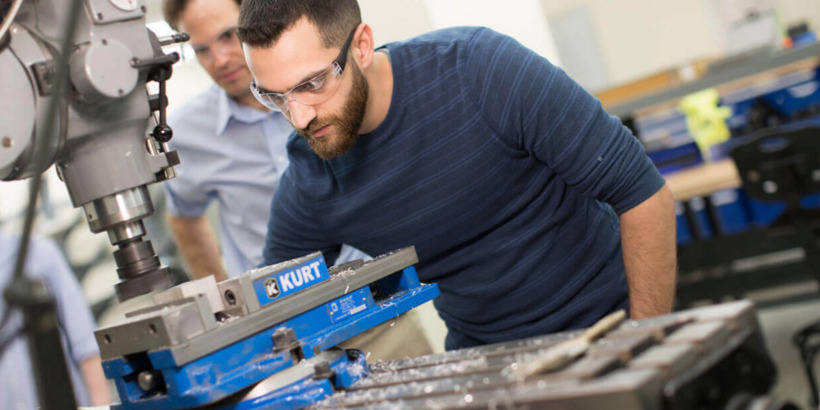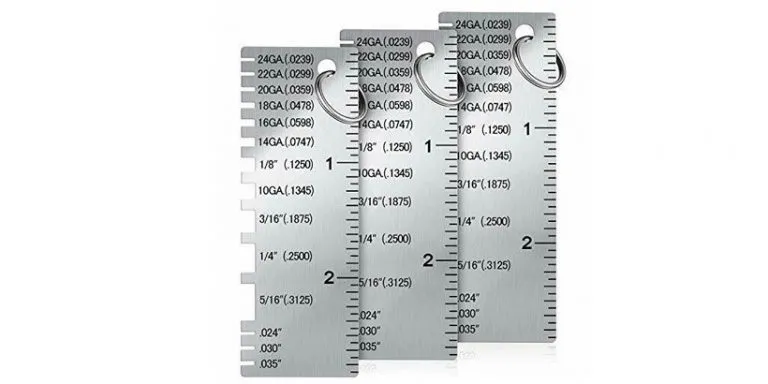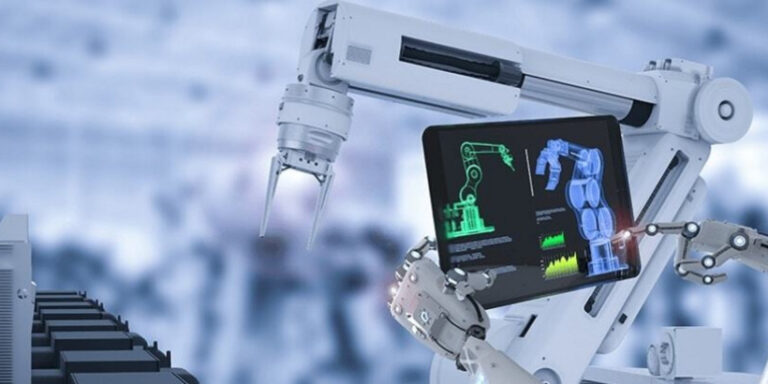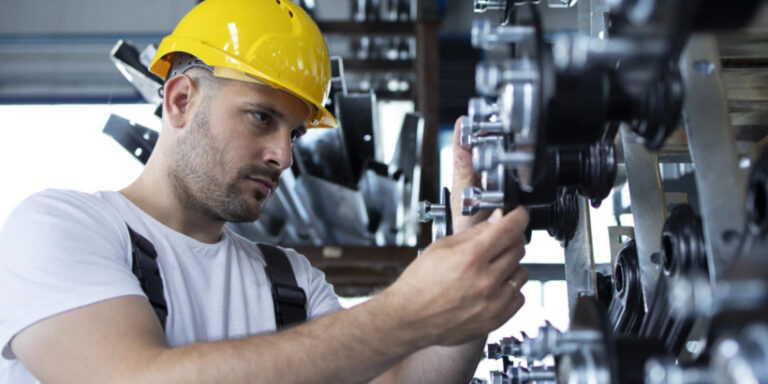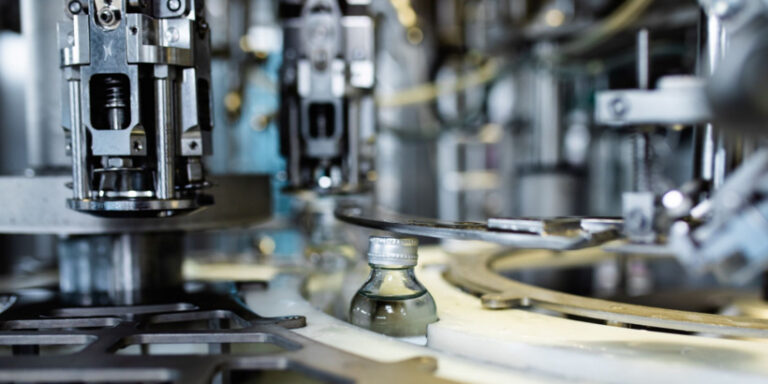The Role Of Mechanical Engineers In The Development Of Smart Cities
As a mechanical engineer, I have always been fascinated with the concept of smart cities. A smart city is essentially a connected and intelligent ecosystem that utilizes technology to improve the quality of life for its citizens.
In order to create such an intricate system, it requires a team of experts from various fields, including mechanical engineering. Mechanical engineers play a crucial role in the development of smart cities as they are responsible for designing and implementing energy-efficient systems for buildings and transportation.
They also contribute to the creation of sustainable infrastructure by developing technologies that reduce waste and promote renewable energy sources. Without these advancements, it would be impossible to achieve the level of efficiency required for a truly smart city.
In this article, we will explore further how mechanical engineers are shaping the future of urban living through their work on smart cities.
Designing And Implementing Energy-Efficient Systems
Let me tell you, as a mechanical engineer, our role in creating smart cities is nothing short of amazing. We have the power to optimize efficiency and reduce costs for energy consumption by designing and implementing energy-efficient systems that can operate seamlessly within these urban environments.
With the use of innovative technology such as sensors, automation, and machine learning algorithms, we can create intelligent control systems that adjust to changing environmental conditions in real-time. By doing so, we are not only reducing operational costs but also minimizing carbon footprint which helps preserve our environment for future generations.
It’s truly remarkable how much impact we can make through our work without sacrificing comfort or convenience.
Creating Sustainable Infrastructure
When it comes to smart city planning and urban development, mechanical engineers play a crucial role in creating sustainable infrastructure. As an engineer myself, I have seen firsthand how much goes into designing a city that is both technologically advanced and environmentally conscious.
Here are three key ways that mechanical engineers contribute to the creation of sustainable infrastructure:
- Designing efficient transportation systems: From electric buses to bike-sharing programs, mechanical engineers work on developing transportation solutions that reduce carbon emissions and encourage eco-friendly modes of travel.
- Developing energy-efficient buildings: With the increasing demand for smart homes and office buildings, mechanical engineers are instrumental in designing HVAC systems and lighting controls that save energy without sacrificing comfort.
- Incorporating renewable energy sources: To make cities truly sustainable, we need to move away from fossil fuels and towards clean energy. Mechanical engineers help by integrating solar panels, wind turbines, geothermal heating/cooling systems, and other renewable technologies into urban design.
By working closely with architects, planners, and policymakers, mechanical engineers can help create cities that not only meet our technological needs but also protect our planet for generations to come.
Developing Technologies For Waste Reduction
Developing Technologies for Waste Reduction
As mechanical engineers play a crucial role in developing smart cities, it is essential to consider their contribution towards reducing emissions and waste management.
One of the most significant challenges that urban areas face is dealing with waste. The traditional methods of disposing of waste have resulted in landfills reaching maximum capacity, leading to environmental concerns such as air pollution, water contamination, and soil degradation.
Therefore, mechanical engineers are working tirelessly to develop technologies for waste reduction that will help minimize the impact on the environment while ensuring efficient disposal processes.
From designing innovative recycling facilities to creating smart packaging solutions that reduce plastic usage and promote sustainability, they are at the forefront of this critical issue. By utilizing cutting-edge technology and collaborating with other professionals from different fields, mechanical engineers can make an invaluable contribution towards building smarter and more sustainable cities that prioritize environmentally conscious practices without compromising economic growth or quality of life.
Promoting Renewable Energy Sources
Now that we have discussed developing technologies for waste reduction, let’s move on to the next topic: promoting renewable energy sources.
As mechanical engineers, we play a crucial role in designing and implementing sustainable solutions to meet the demands of smart cities. One way we can do this is by focusing on green transportation options such as electric cars, bikes, or public transport powered by renewable energy sources like solar or wind power.
Additionally, smart agriculture practices can also be integrated into our design plans to reduce carbon emissions from traditional farming methods while simultaneously increasing food production efficiency.
By prioritizing these initiatives and collaborating with other professionals in related fields, we can create a more environmentally-friendly future for generations to come without compromising on innovation or functionality.
Enhancing Quality Of Life For Citizens
Now, I know what you might be thinking. How can mechanical engineers really enhance the quality of life for citizens in smart cities?
Well, let me tell you – through innovative and efficient smart transportation solutions!
By utilizing their expertise in designing and maintaining various modes of transportation, such as autonomous vehicles or high-speed trains, mechanical engineers can help create a more seamless and convenient commuting experience for city dwellers.
Additionally, by working closely with urban planners to design sustainable infrastructure that prioritizes pedestrian and cyclist safety, mechanical engineers can contribute to healthier and more livable communities.
Ultimately, these efforts towards improving mobility will not only benefit individual residents but also have positive ripple effects on the overall economic growth and environmental sustainability of the city.
Automation And Robotics
As a mechanical engineer, I believe that automation and robotics play a crucial role in the development of smart cities.
With advanced sensing technologies and AI-driven solutions, we can efficiently manage resources and reduce waste while improving the quality of life for citizens.
Automated systems can help us monitor traffic flow, optimize energy consumption, and even predict natural disasters to prevent or mitigate their impact.
Robotics can also aid in construction projects by performing dangerous tasks or reaching inaccessible areas.
By embracing these innovations, we can create safer and more sustainable urban environments that benefit everyone.
Integrating Smart Technologies Into Existing Infrastructure
It’s fascinating to see how technology has revolutionized the way we live in cities. As I mentioned earlier, automation and robotics have played a significant role in making our lives easier by taking over mundane tasks. However, there is more that can be done to make our urban environment smarter and sustainable. Integrating Smart Technologies into Existing Infrastructure is the next step towards achieving this goal.
With smart mobility solutions and advanced urban planning techniques, we can create an efficient and connected city that benefits everyone.
Here are five ways mechanical engineers can contribute to developing smart cities:
- Designing energy-efficient buildings using green materials
- Developing autonomous public transportation systems for safer and faster commutes
- Implementing intelligent traffic management systems to reduce congestion and improve air quality
- Creating renewable energy solutions such as solar panels or wind turbines for powering homes and businesses
- Deploying advanced waste management systems to reduce landfill waste
When it comes to Smart Cities, mechanical engineers play a pivotal role in bringing these technologies together. By working with other professionals, they design infrastructure that not only meets current needs but also anticipates future demands. Through their expertise, they help shape the city of tomorrow-one that runs seamlessly while being environmentally conscious.
The integration of smart mobility solutions combined with urban planning will unlock endless possibilities for creating better living environments where people thrive without sacrificing sustainability or efficiency.
Conclusion
As a mechanical engineer, I am proud to say that our role in the development of smart cities is crucial. We are not just designing machines and systems; we are creating solutions to make people’s lives easier, more sustainable, and more comfortable.
One anachronism that comes to mind when thinking about this topic is ‘thinking outside the box.’ As clich¨¦ as it may sound, it holds true for us mechanical engineers. We cannot rely on traditional methods or old-fashioned technologies if we want to create smarter cities. Instead, we must think creatively and explore new ideas to bring innovation into reality.
In conclusion, the future of urbanization relies heavily on mechanical engineers’ expertise in:
- Energy efficiency
- Sustainability
- Waste reduction
- Renewable energy sources
- Quality of life enhancement
- Automation and robotics integration
- Implementation of smart technologies into existing infrastructure
With our unique problem-solving skills and ability to implement cutting-edge technology alongside research-based approaches towards issues surrounding environmental impact mitigation using green engineering techniques like eco-designs which will ensure safer environments for citizens while promoting forward-thinking initiatives such as circular economies – Mechanical Engineers have become essential members in shaping tomorrow’s Smart Cities!
